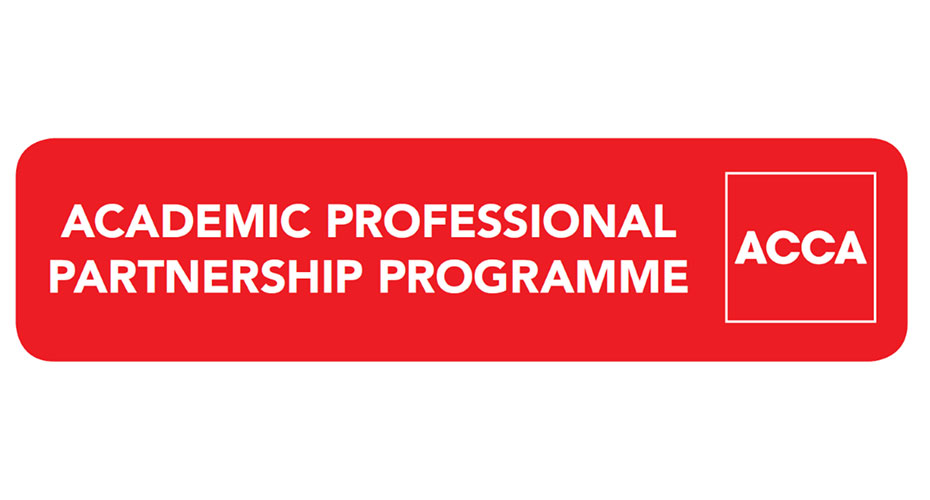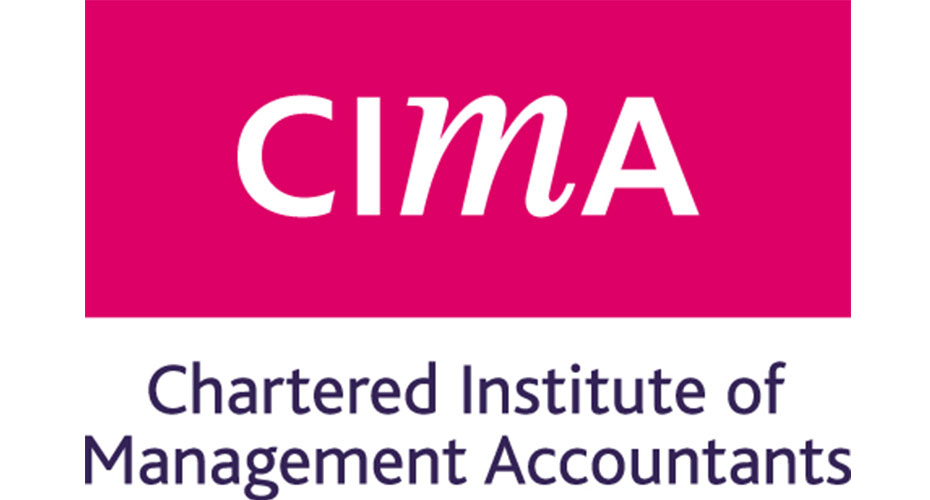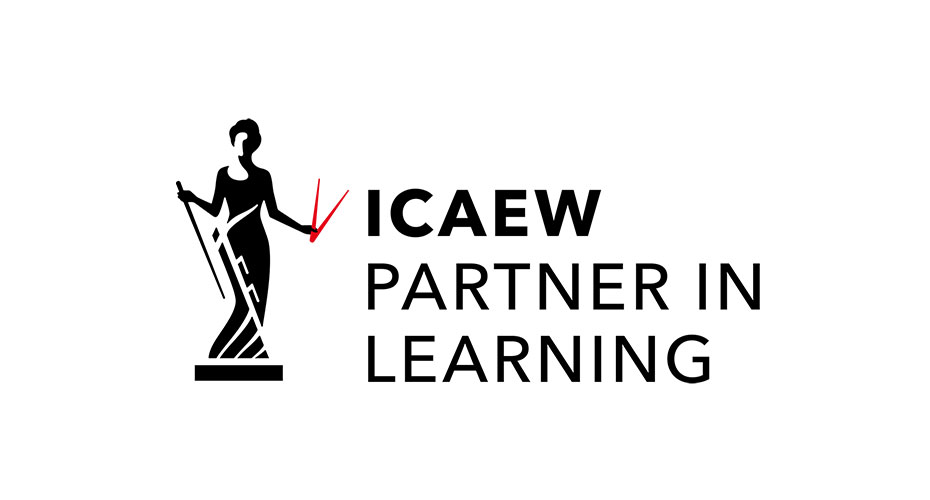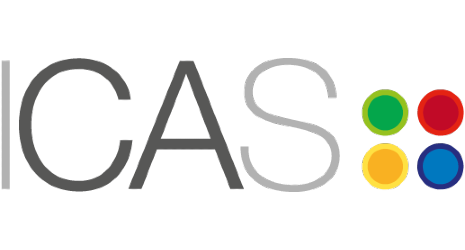| UCAS code | NN41 |
|---|---|
| Duration | 3 years |
| Entry year | 2025 |
| Campus | Streatham Campus |
| Discipline | Accounting and Finance |
| Contact | Web: Enquire online |
| Typical offer | A-Level: AAB |
|---|---|
|
A-Level: BBB |
| UCAS code | NND4 |
|---|---|
| Duration | 4 years |
| Entry year | 2025 |
| Campus | Streatham Campus |
| Discipline | Accounting and Finance |
| Contact | Web: Enquire online |
| Typical offer | A-Level: AAB |
|---|---|
|
A-Level: BBB |
| UCAS code | NN42 |
|---|---|
| Duration | 4 years |
| Entry year | 2025 |
| Campus | Streatham Campus |
| Discipline | Accounting and Finance |
| Contact | Web: Enquire online |
| Typical offer | A-Level: AAB |
|---|---|
|
A-Level: BBB |
Overview
- Designed for students interested in pursuing a career in accounting or business, this degree gives you a broad understanding of business subjects and the wider context in which accounting operates.
- You’ll explore a diverse range of modules covering all disciplines studied at our triple accredited Business School, allowing you to develop a comprehensive understanding of business, management, accounting, finance, law and economics.
- Beyond academic knowledge, you’ll develop a set of transferrable graduate skills hugely relevant to the future of business, including analytical, problem solving, teamwork, communications, and project management skills.
- Our dedicated careers team will help you prepare for a career in a wide range of sectors including accountancy, e-commerce, management, marketing, banking, and finance.
- Aligned with industry standards and expectations, depending on your chosen modules, you may qualify for exemptions from professional examinations.
![]()
Business School of the Year
Times Higher Education Awards 2022
![]()
Top 5 for Accounting and Finance
5th in The Times and The Sunday Times Good University Guide 2024
![]()
Specific modules can enable exemptions from professional accountancy exams
![]()
94% of graduates in or due to start employment or further study fifteen months after graduation
Based on full-time, first degree, UK domiciled graduates, HESA Graduate Outcomes survey 2020/21
Accreditations




ACCAACCA partners with select universities to develop finance and accountancy programmes aligned with the world-leading ACCA qualification. By choosing an ACCA accredited degree you are choosing an accelerated route to a globally-recognised qualification that can set you on a path towards a promising career as a finance professional. You may be eligible for up to 9 ACCA paper exemptions depending on modules taken (Accountant in Business, Management Accounting, Financial Accounting, Corporate and Business Law, Performance Management, Taxation, Financial Reporting, Audit and Assurance, Financial Management). |
CIPFACIPFA is the only professional accountancy body in the world exclusively dedicated to public finance, making its portfolio of qualifications the foundation for a career in public finance. This includes a benchmark qualification for public sector accountants. You may be eligible for up to 7 CIPFA paper exemptions depending on modules taken. |
CIMAThe Chartered Institute of Management Accountants is the world’s largest professional body of management accountants with the most useful accounting qualification for a career in business. The CIMA qualification is designed to bring together management accounting, financial accounting and business, so you’ll have the practical skills employers need, making you qualified to work in a wide range of roles. You may be eligible for exemption from up to 4 CIMA exams depending on modules taken (in addition to the basic papers BA1 – BA4). |
ICAEWFounded in 1880, ICAEW trains and supports Chartered Accountants so they have the knowledge and value to help build local and global economics that are sustainable, accountable and fair. They share their knowledge and insight with governments, regulators and business leaders worldwide. The ICAEW Chartered Accountant qualification (ACA) is one of the most advanced learning and professional development programmes available. It is valued around the world in business, practice and the public sector. You may have exemptions from up to 8 ICAEW papers depending on modules taken. |
ICASICAS is a professional body for world class business people who work in the UK and around the world. Their members have all achieved the internationally recognised and respected CA qualification (Chartered Accountant). ICAS are an educator, examiner, regulator, and thought leader. Exemptions may be available from five out of six papers from the Test of Competence level depending on modules taken. |
Entry requirements (typical offer)
| Qualification | Typical offer | Required subjects |
|---|---|---|
| A-Level | AAB | N/A |
| IB | 34/665 | N/A |
| BTEC | DDD | N/A |
| GCSE | C or 4 B or 5 |
Grade C or 4 in GCSE English Language, and Grade B or 5 in GCSE Mathematics (or: GCE A-level/AS Mathematics or Further Mathematics or Pure Mathematics or Core Mathematics) |
| Access to HE | 30 L3 credits at Distinction Grade and 15 L3 credits at Merit Grade. | N/A |
| T-Level | Distinction | N/A |
| Contextual Offer | A-Level: BBB |
Specific subject requirements must still be achieved where stated above. Find out more about contextual offers. |
| Other accepted qualifications | ||
| English language requirements |
International students need to show they have the required level of English language to study this course. The required test scores for this course fall under Profile B1. Please visit our English language requirements page to view the required test scores and equivalencies from your country. |
|
NB General Studies is not included in any offer.
Grades advertised on each programme webpage are the typical level at which our offers are made and provide information on any specific subjects an applicant will need to have studied in order to be considered for a place on the programme. However, if we receive a large number of applications for the programme we may not be able to make an offer to all those who are predicted to achieve/have achieved grades which are in line with our typical offer. For more information on how applications are assessed and when decisions are released, please see: After you apply
Course content
The modules we outline here provide examples of what you can expect to learn on this degree course based on recent academic teaching. The precise modules available to you in future years may vary depending on staff availability and research interests, new topics of study, timetabling and student demand.
You may take option modules as long as any necessary prerequisites have been satisfied, where the timetable allows and if you have not already taken the module in question or an equivalent module.
- Descriptions of the individual modules are given in full on the Business School undergraduate module list.
The modules we outline here provide examples of what you can expect to learn on this degree course based on recent academic teaching. The precise modules available to you in future years may vary depending on staff availability and research interests, new topics of study, timetabling and student demand.
Compulsory modules
| Code | Module | Credits |
|---|---|---|
| BEA1003 | Business Law for Accountants | 15 |
| BEM1028 | Introduction to Business and Management | 15 |
| BEA1008 | Introduction to Financial Accounting | 15 |
| BEA1009 | Introduction to Management Accounting | 15 |
| BEA1010 | Business Finance for Accountants | 15 |
| BEA1014 | Statistical Methods for Accounting and Finance | 15 |
| BEE1029 | Economic Principles | 30 |
Compulsory modules
| Code | Module | Credits |
|---|---|---|
| BEA2019 | Financial Accounting A | 15 |
| BEA2020 | Financial Accounting B | 15 |
| BEA2017 | Intermediate Management Accounting | 15 |
Optional modules
30 credits from the below list; plus a further 45 credits
| Code | Module | Credits |
|---|---|---|
| BEM2007 | Operations Management | 15 |
| BEM2035 | Leading in International Contexts | 15 |
| BEM2047 | Organisational Behaviour | 30 |
| BEM2021 | Human Resource Management | 15 |
This degree offers you the opportunity to spend a year working in a related industry or studying abroad.
If you choose one of these options your placement year will take place in your third year, before returning to complete your degree at Exeter in your fourth and final year of study.
You can apply directly to one of these options, or you can apply to the standard 3 year course and transfer onto one of these options at the end of your first year.
Course variants
The BSc Accounting and Business degree offers you the opportunity to spend a year working in a related industry or studying abroad.
If you choose one of these options your placement year will take place in your third year, before returning to complete your degree at Exeter in your fourth and final year of study.
You can apply directly to one of these options, or you can apply to the standard BSc Accounting and Business course and transfer onto one of these options at the end of your first year.
UCAS code: NND4
Why choose a year in industry?
- Gain a proven work history that is excellent to discuss at job interviews and gives you a head start in the working world
- Get paid! Typical salaries range from £19,000 to £23,000 but can extend from £15,000 to £52,000
- Many students are offered graduate jobs from their placement employer
- 97% of With Industrial Experience graduates were in graduate employment or postgraduate study within 6 months of graduating, compared to 93.5% of non-WIE graduates (DLHE 2017)
- Increase your confidence and resilience, and make friends for life
What does a year in industry mean for me?
The ‘With Industrial Experience’ (WIE) pathway is a four year version of your degree, in which your third year is spent in a professional placement before returning to university for your fourth and final year. The Business School Careers Team supports you every step of the way, helping you identify placement providers, create a strong application, practice interview techniques, and support you while you are in placement. The placement year assessment currently comprises of:
- Progress reports provided by employers
- A reflective essay
- A business report
How do I secure a placement and where can I go?
You are responsible for sourcing and securing a work placement, but you will be supported throughout by the Business School Careers Team and assigned an academic tutor for the duration of your placement. Placements are available internationally. Previous placement providers include Adidas, Apple, ASOS, Bank of England, Deloitte, Disney, EY, GlaxoSmithKline, Goldman Sachs, PwC
Does it count towards my degree?
The placement year is assessed and contributes 1/7th of your final degree classification when you graduate.
Does it affect my tuition fee?
During your placement year you will pay a reduced tuition fee of approximately 20% of the maximum fee for that year. Find out more on our tuition fee webpages.
How do I apply?
‘With Industrial Experience’ is available on all our undergraduate programmes. You can apply through UCAS or ask to transfer onto WIE in the first term of your first year. Find out more on our careers pages.
Other work experience options
If you choose not to undertake the four-year WIE pathway, there are other ways to gain work experience, from the Business Internships and Placements Module, to summer internships. Find out more on our careers pages.
UCAS code: NN42
Why choose a year abroad?
- In a complex and hyper-connected world, it is more important than ever to demonstrate a global outlook to employers
- A report by Universities UK International shows that graduates who are mobile during their degree are more likely to earn more than non-mobile peers
- Broaden your perspective in a way that benefits you for life: accelerating your resilience and flexibility, developing your ability to communicate across cultures, and demonstrating that you take the initiative
- We find students return from their year abroad with heightened self-confidence and an impressive work ethic.
What does a year abroad mean for me?
The ‘With Year Abroad’ (WYA) pathway is a four year version of your degree, in which your third year is spent studying at one of our 60 partner universities (spanning 26 countries), before returning to university for your fourth and final year. There is also the opportunity to combine study and work abroad, doing a semester of study at one of our partner universities followed by a semester of work in a placement that you secure anywhere in the world. The Business School Study Abroad Team supports you every step of the way, helping you to decide where to go, create a strong application, and supporting you while you are abroad.
Where can I go?
We have partners in: Canada, USA, Mexico, Peru, Norway, Sweden, Finland, Germany, Denmark, Netherlands, Switzerland, France, Spain, Portugal, Poland, Slovenia, Italy, Turkey, China, Hong Kong, Thailand, Japan, Taiwan, Singapore, Australia, New Zealand
Does it count towards my degree
The placement year is assessed and contributes 1/7th of your final degree classification when you graduate.
Does it affect my tuition fees?
If you spend a full academic year studying abroad you will pay a reduced fee of approximately 15% of the maximum fee for that year.
How do I apply?
Year abroad options are available on all our undergraduate programmes. You can apply for the four year ‘With Year Abroad’ variant of your degree through UCAS or ask to transfer onto the WYA programme in your first year. Acceptance is dependent on satisfactory academic performance and the level of research you have undertaken into your chosen institution. Find out more on our study abroad webpages.
Other study abroad options
If you choose not to undertake the full year studying abroad, there are other ways to gain a taste of the study abroad experience. You can spend two to six weeks at one of our international partner universities. Find out more on our study abroad webpages.
Fees
Tuition fees for 2024 entry
UK students: £9,250 per year
International students: £23,700 per year
Scholarships
The University of Exeter has many different scholarships available to support your education, including £5 million in scholarships for international students, such as our Global Excellence Scholarships*. Financial support is also available for students from disadvantaged backgrounds, lower income households and other under-represented groups to help them access, succeed and progress through higher education.
* Terms and conditions apply. See online for details.
Learning and teaching
How will I learn?
You will learn through a mix of:
- Lectures of one or two hours once a week for each module. These give you the information central to the module and help you understand complex ideas.
- Seminars and tutorials every week or every other week for each module. They cover in-depth discussions of topics introduced in lectures.
- Total timetabled study hours (lectures, seminars, tutorials) for your whole degree are on average between 11 and 14 hours per week. In addition you are expected to complete an average of 20-25 hours of independent or group study per week.
How will I be assessed?
Modules are assessed through a mixture of:
- Group work
- Coursework
- Project work
- Examinations
The weighting of these components varies according the module. Coursework is typically between 2,500 and 6,000 words in length, and exams are usually held at the end of the module in January and May/June.
Where will I study?
You will be based at the purpose built University of Exeter Business School located on the Streatham Campus in Exeter, Devon.
Optional modules outside of this course
Each year, if you have optional modules available, you can take up to 30 credits in a subject outside of your course. This can increase your employability and widen your intellectual horizons.
Proficiency in a second subject
If you complete 60 credits of modules in one of the subjects below, you may have the words 'with proficiency in [e.g. Social Data Science]' added to your degree title when you graduate.
- A Foreign Language
- Data Science
- Entrepreneurship
- Innovation
- Law
- Leadership
- Social Data Science
Your future
The University of Exeter Business School provides a range of careers and employability support for Undergraduate students. Visit the Business School Career Zone web page for more information.
Global opportunities
A degree in accounting and finance from the University of Exeter is recognised worldwide as an academically rigorous, industry standard degree, offering you entry into a range of roles and organisations.
Your degree demonstrates that you have the following professional skills
- professional, industry accredited knowledge
- an enquiring mind and rigorous approach
- analytical, teamwork, communication and research skills transferrable across a range of industries
- ability to manipulate financial and other numerical data and appreciate statistical concepts
- ability to locate, extract and analyse data from multiple sources
- ability to present qualitative and quantitative information with analysis, argument and commentary
- ability to analyse the contexts in which accounting operates
- Depending on the modules taken, you may be part qualified towards a range of professional qualifications (see accrediting bodies)
Examples of BSc Accounting and Business graduate roles
- Trainee Stockbroker
- Actuary
- Insurance Associate
- Trainee Accountant
- Auditor
- Actuarial Pricing Trainee
BSc Accounting and Business graduates have worked for
- KPMG
- PwC
- Deloitte
- EY
- Royal Bank of Scotland
- Nationwide











